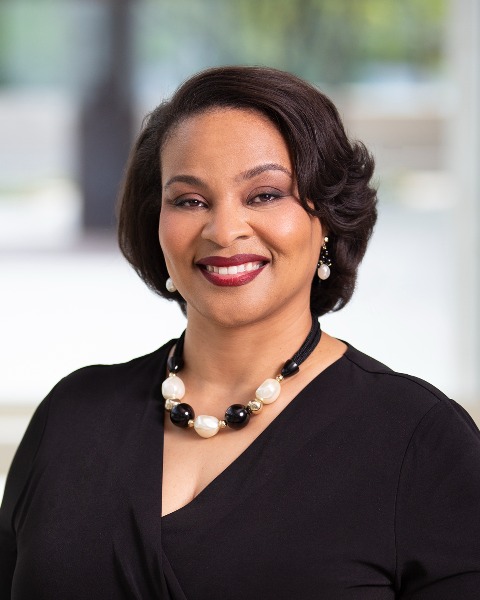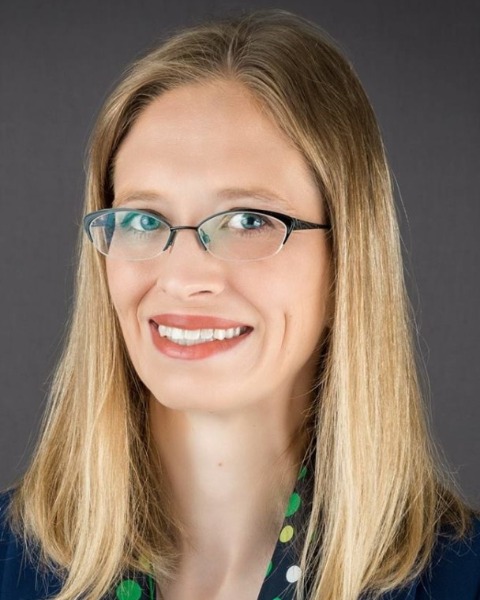Nonprofit and Foundations
Successful Collaboration Across National Nonprofit Organizations
-

Rhonda Williams, Ph.D
Director, Impact & Evaluation
Girl Scouts of Northeast Texas, United States -

Rocki Basel, Ph.D
Research Analyst
Girl Scouts of North East Ohio, United States
Presenter(s)
Location: White River Ballroom A
Abstract Information: Evaluators are trained to have the skills and knowledge to conduct qualitative and quantitative data analysis. These skills lay the foundation to be a good evaluator. To be a great evaluator, one needs to build upon these technical skills and add a layer of interpersonal skills – communication, listening, empathy, and collaboration. Collaboration is a personal and professional skill set that one must continuously improve when growing as an evaluator. There are many ways to collaborate – from quick emails to informal conversations to formal relationships – evaluators need to take advantage of every mode of communication. Evaluators can be strategic and yet thoughtful about what is the best way to collaborate with others. Although a question in an email may provide a quick answer, a face-to-face conversation may provide the evaluator with more context and a better understanding of the information. By choosing the best way to communicate for each situation, evaluators can build rapport as strong evaluators, thoughtful collaborators, and communicators. A benefit of the evaluation field is that there are potential collaborators everywhere. We have found colleagues at work, in our local areas, and even nationally to team with and form working groups. Evaluators will benefit in different ways with each of these relationships. Teaming up with work colleagues will allow evaluators to understand the full story of the program they are evaluating. Being an excellent collaborator within teams allows the evaluator to learn more about their colleague’s preferences and approaches and moves a group of individuals into a team that can be strategic in their decision-making and, ultimately their storytelling and reporting. When we move to a layer of collaboration that is external from one’s organization, we now experience a new type of collaboration. We benefit from learning how other organizations use evaluation techniques to tell the rich story of their programs. Evaluators can benefit from collaborating with professionals in different industries and experts in their own field. In this session, we will discuss our experiences of how we were able to build strong collaborations within our organizations and with local and national experts in the field. Attendees will learn how to use interpersonal skills to build and foster collaborative relationships, giving them the strategic advantage to become effective evaluators.
Relevance Statement: Collaboration is a personal and professional skill set that you must continuously improve as you grow as an evaluator. A mark of true collaboration that extends beyond email communication is when you can access others by having quick chats when critical information or clarification is needed. Being an excellent collaborator with others allows you to develop other thought partners and professional colleagues. With the support of these relationships, evaluators can improve their storytelling abilities. This session will focus on the experience of two colleagues who work for a national youth-serving nonprofit focused on girls in the research and evaluation departments. Due to an introduction from a colleague, they met and began to learn from each other. Sharing ideas and providing insights have been a couple of the major benefits of this collaboration. Another significant advantage is working in a similar organization with the same national focus. Having similar missions and the same target populations allows the scope of work to be similar yet situated within a unique context. From sharing how data was analyzed to providing final reports that guided strategic discussions, exponential gains have been made due to this collaboration. Strategies and steps will be shared to begin collaboration and maintain the connection with the ultimate goal of how you might improve the storytelling elements of your evaluation practice. Ideas of how to best frame conversations between evaluators and create relationships that foster collaboration will be provided. Collaborators providing projects and examples demonstrating how they have supported and supported programs helps the other collaborator develop and design an approach to similar programs. These evaluators are in the research and evaluation departments of different Girl Scouts councils in different states. By the end of this session, other evaluators in similar nonprofits will understand how to leverage relationships outside of your organizations to develop an impact in their respective organizations. These connections can offer suggestions and examples of how they use storytelling within their organizations, ultimately improving your evaluation practice. Often these departments are comprised of one to two people, limiting the ability to have internal thought partners. Collaboration enhances your projects by gaining insight and what might work and what has worked. Utilizing your peers in your area and others across the nation provides opportunities to collaborate that will support storytelling within your evaluation projects.
